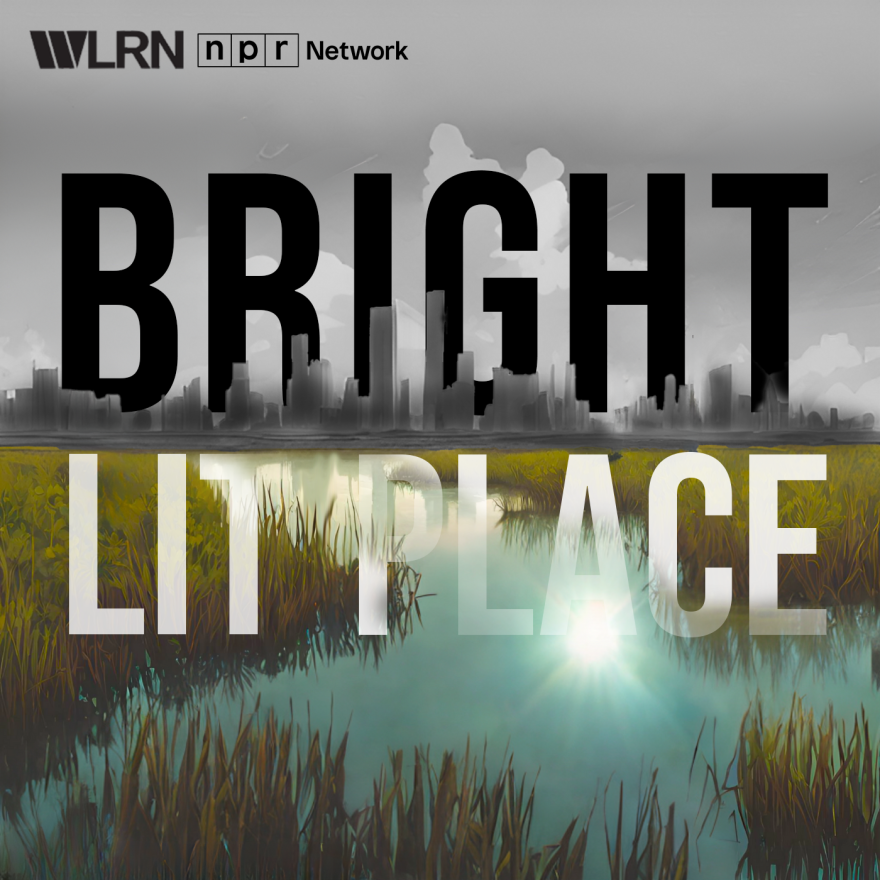In 2000, the U.S. set out on one of the most ambitious environmental projects ever attempted: to wind back the clock and make the Everglades function like it once did — in 1900. The plan could have given Florida a 20-year head start on climate change, but that didn’t happen. Listen to WLRN’s new podcast series Bright Lit Place.
South Florida is a paradox: a vast cityscape built on and around one of the world’s great wetland systems.
For decades, that paradox persisted with the help of pumps and levees and ever more pavement. But in the era of sea level rise, the contradictions are becoming untenable as water rises through the limestone bedrock and saltwater pushes its way inland.
Francesca Ortega
The Everglades is the natural system that underlies much of what makes South Florida possible. It provides fresh water, flood control, and a buffer against rising seas for about 9 million people. But with only 20% of the wetland wilderness untouched, and much of the rest carved into infrastructure, it’s losing its ability to function — not only for people, but for the wildlife in the swamp and the shallow sea along the coastal fringe.
For the past 23 years, the federal government has partnered with Florida on one of the largest environmental restoration projects in world history. But the compromises that made the project possible are threatening to undo it.
Through the decades, the original plan has sputtered and languished. Even as the price tag grew, our ambitions for restoration shrank. Climate change has now made it more urgent than ever.
It’s a familiar set of tradeoffs: like the Colorado River, the Mississippi Delta or the fire-adapted forests of the West. If the work of the 20th century was bending nature to human will, much of the work of the 21st is trying to undo the damage.
Bright Lit Place, a new podcast from WLRN News and the NPR network launching on Nov. 15, tells the story of how people directly involved in the push to restore the Everglades — and those directly affected by it — understand and make sense of those tradeoffs: Is restoration too big to fail or too small to succeed?
In an era of hard choices borne of environmental crisis, the Everglades is perhaps the iconic American example of how difficult it is to strike the right balance.
Bright Lit Place is a WLRN News podcast distributed by the NPR network. Find it wherever you get your podcasts. Listen to the trailer below.
Bright Lit Place is part of the Pulitzer Center’s nationwide Connected Coastlines reporting initiative. Click here for more information.
